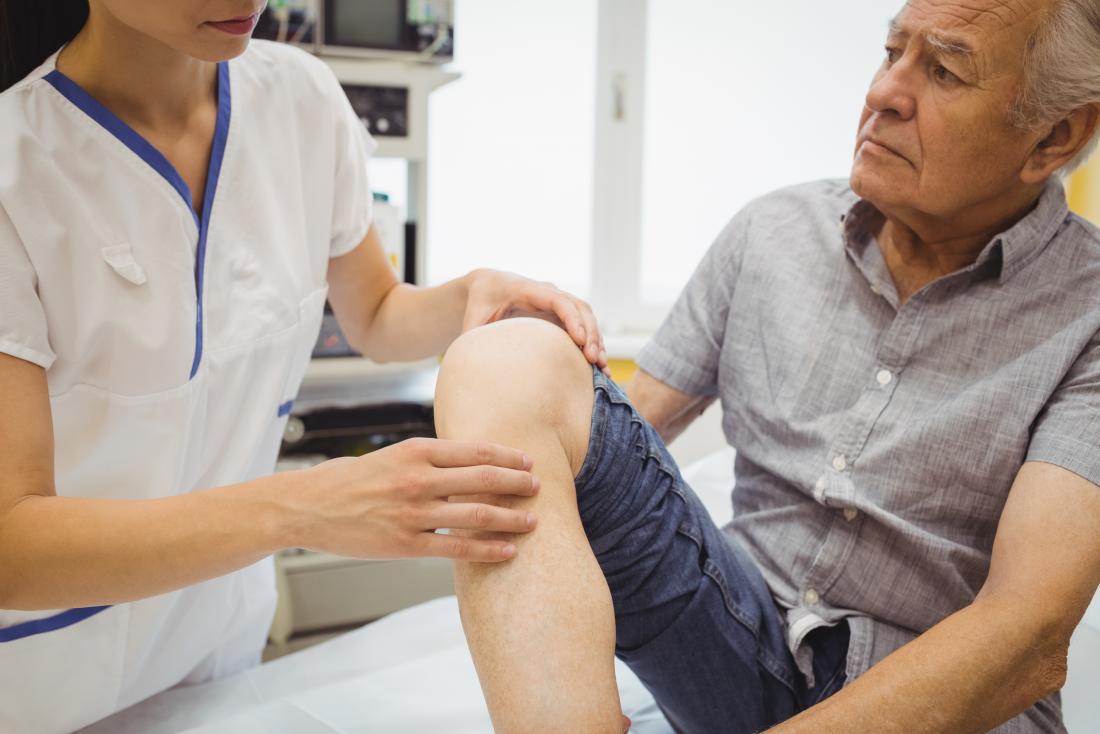Recovering from knee surgery requires a combination of patience, caution, and a commitment to following medical advice. Whether you’ve undergone knee replacement surgery, an ACL repair, or arthroscopy, the post-surgery phase is crucial to ensure proper healing and long-term success. Here’s a guide on what not to do after knee surgery to help you avoid setbacks and achieve the best recovery outcome.
You can learn more about the top 5 mistakes to avoid after a knee surgery by clicking here.
1. Don’t Skip Physical Therapy Appointments
Physical therapy plays an essential role in regaining mobility, strength, and flexibility in your knee. Missing therapy sessions or failing to perform recommended exercises at home can hinder your progress. Physical therapists develop personalized plans to help rebuild knee strength and improve range of motion, essential for a successful recovery.
- Tip: Set reminders for therapy sessions and dedicate time each day for exercises provided by your therapist.
2. Avoid Overexerting Your Knee
Pushing your knee too hard or too soon after surgery is a common mistake. Overexertion can lead to swelling, pain, and even damage to the surgical area. While it’s natural to want to speed up recovery, trying to do too much too soon can prolong the healing process.
- Tip: Gradually increase activity based on your doctor’s guidance. Listen to your body and rest if you experience increased pain or swelling.
3. Do Not Ignore Pain or Swelling
Post-surgery pain and swelling are common, but ignoring these signs can lead to complications. Pain may indicate overuse, inflammation, or even infection. Swelling, especially if it’s excessive, can signal fluid retention or poor circulation. Paying attention to these signs is vital for safe recovery.
- Tip: Use ice packs to reduce swelling and elevate your leg as recommended by your surgeon. Take prescribed medications as directed to manage pain effectively.
4. Refrain from Sitting for Extended Periods
Sitting for too long, especially with your knee bent, can cause stiffness and slow down recovery. It also increases the risk of blood clots, a potential post-surgery complication. Avoid keeping your knee in one position for extended periods.
- Tip: Get up and move around regularly, and if sitting is necessary, try to keep your leg elevated to reduce pressure on the knee.
5. Don’t Rush to Resume Driving
Driving too soon after knee surgery can put unnecessary strain on your healing knee and may even be unsafe if your mobility is limited. Reaction time can be compromised, especially if you are still taking pain medications that could cause drowsiness.
- Tip: Wait until you have a full range of motion and are cleared by your doctor before resuming driving. Practice driving in a controlled environment first to ensure you are comfortable.
6. Do Not Neglect Proper Wound Care
The surgical wound needs special care to prevent infections. Many people overlook the importance of keeping the wound clean and dry, which can lead to complications and a prolonged healing process.
- Tip: Follow your surgeon’s instructions for wound care, and monitor for signs of infection such as redness, warmth, or drainage. Avoid submerging the wound in water until fully healed.
7. Avoid High-Impact Activities
Engaging in high-impact activities like running, jumping, or lifting heavy weights can strain your knee and damage healing tissues. These activities may not be suitable until your knee has fully recovered, and even then, it’s crucial to consult with your doctor before resuming them.
- Tip: Stick to low-impact exercises like swimming, cycling, or gentle walking, and gradually increase intensity based on your recovery progress.
8. Don’t Stop Using Assistive Devices Prematurely
Assistive devices such as crutches or walkers are provided to aid in mobility and reduce pressure on your knee. Discontinuing their use too soon can put unnecessary strain on the healing joint and affect alignment.
- Tip: Follow your doctor’s instructions regarding the use of assistive devices, and make the transition to walking unaided only when advised.
9. Do Not Skip Follow-Up Appointments
Skipping post-surgery check-ups can hinder your recovery. These appointments allow your surgeon to monitor your healing progress, adjust medications, and catch any potential issues early. They’re also an opportunity to ask questions about your recovery and get personalized advice.
- Tip: Schedule all follow-up appointments in advance and prepare any questions you might have about your recovery to make the most of each visit.
10. Avoid Poor Dietary Choices
Your body needs optimal nutrition to heal effectively. A diet lacking in essential nutrients can delay recovery and increase inflammation. Nutrient-rich foods help promote tissue repair and reduce the risk of complications.
- Tip: Incorporate protein-rich foods, leafy greens, fruits, and whole grains into your meals. Stay hydrated to aid in healing and reduce swelling.
11. Don’t Smoke or Consume Excessive Alcohol
Both smoking and excessive alcohol consumption can impede recovery. Smoking reduces blood flow, limiting oxygen and nutrient supply to the knee, while alcohol can interact with medications and dehydrate the body, hindering healing.
- Tip: If you smoke, consider quitting to improve your recovery chances. Limit alcohol intake and discuss with your doctor how to manage any smoking or drinking habits safely post-surgery.
12. Do Not Neglect Your Mental Health
Recovering from knee surgery can be physically and emotionally challenging, especially as you navigate limitations in mobility and daily activities. Feelings of frustration or isolation are common, but neglecting mental health can impact overall recovery.
- Tip: Stay connected with friends and family, practice mindfulness or relaxation techniques, and consider talking to a mental health professional if needed.
Final Thoughts: Prioritize a Safe and Gradual Recovery
Recovering from knee surgery is a journey that requires dedication, patience, and adherence to medical advice. By avoiding the common mistakes listed above, you give yourself the best chance for a smooth recovery and a return to a healthy, active lifestyle. Remember that each individual’s recovery process is unique, so focus on your own progress and follow your doctor’s guidance to avoid complications and achieve the best possible outcome.

